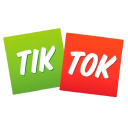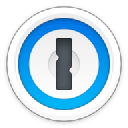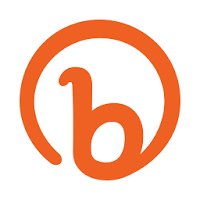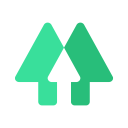We Built A Restaurant Super App
Ciao, I’m Andrea Tassistro, and I’m the CEO and co-founder of Foodetective, a management infrastructure platform (API’s) for all sorts of F&B businesses, used by the most ambitious restaurateurs to the world’s largest enterprises. We strive to Make Restaurants’ Lives Much Easier by automating operations, simplifying their admin, growing their online revenues, and accelerating new business opportunities for them.
Businesses commonly use 12+ software or apps covering a variety of categories including delivery, stocks, HR, and marketing, among others. Foodetective powers restaurants' digital transformation through a Unified API or Super App. Visually it means eliminating the excess hardware a restaurant uses daily, and centralizing it on a single platform, however, what is more, interesting is what it means in terms of data.
Businesses can access the Integration Hub where they can "click and connect" their tech stack without having to invest in time, resources, and a technical team. They can then manage their entire business on a single platform with their preferred software. This can include deliveries, reservations, procurement, stock management, advertising, and review...

Download the report and join our email newsletter packed with business ideas and money-making opportunities, backed by real-life case studies.

Download the report and join our email newsletter packed with business ideas and money-making opportunities, backed by real-life case studies.

Download the report and join our email newsletter packed with business ideas and money-making opportunities, backed by real-life case studies.

Download the report and join our email newsletter packed with business ideas and money-making opportunities, backed by real-life case studies.

Download the report and join our email newsletter packed with business ideas and money-making opportunities, backed by real-life case studies.

Download the report and join our email newsletter packed with business ideas and money-making opportunities, backed by real-life case studies.

Download the report and join our email newsletter packed with business ideas and money-making opportunities, backed by real-life case studies.

Download the report and join our email newsletter packed with business ideas and money-making opportunities, backed by real-life case studies.












































